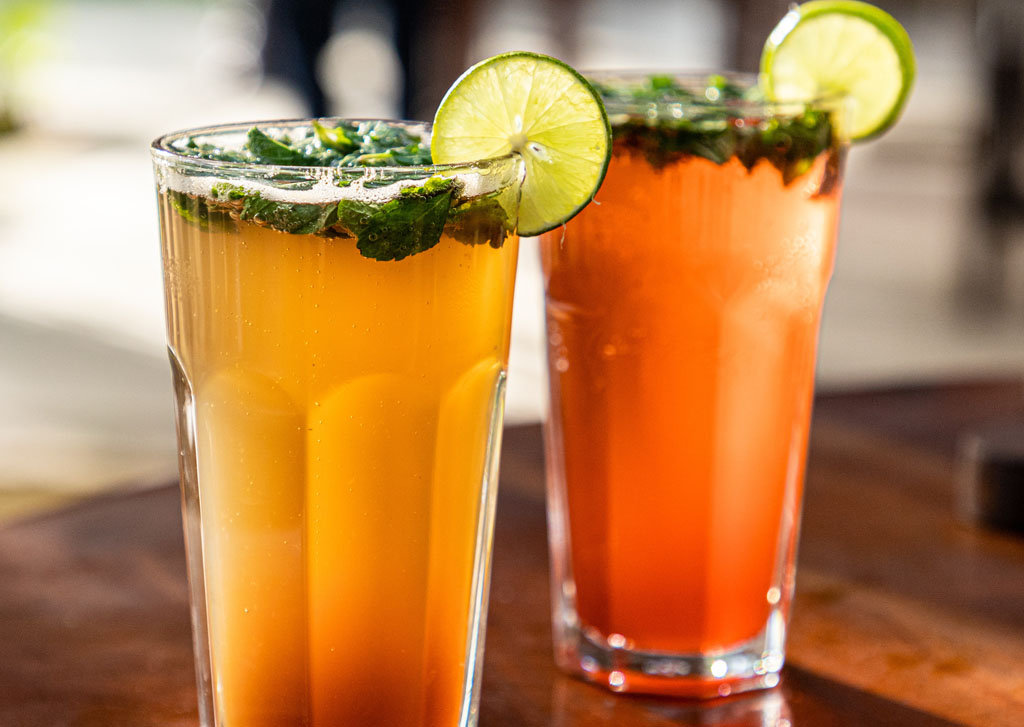“It’s paramount to try and see sobriety as a gain and not a loss”, writes Millie Gooch in The Sober Girl Society Handbook.
“I am constantly trying to find the positives of sobriety in any situation, whether that’s ‘Thank heavens I’m not going to embarrass myself at this very important work drinks’ or ‘I’m so glad I don’t need to spend money on cocktails tonight’”, she continues.
A new survey, commissioned by charity Alcohol Change UK, shows the average drinker in the UK spends around £62,899 on alcohol over the course of a lifetime. The charity is encouraging people to confront and talk about the costs of alcohol, whether that’s its impact on your health, wallet and relationships, or its implications for society as a whole.
Gooch, who is an ambassador for Alcohol Change UK, knows all about the costs of alcohol, not least the consequences of horrible hangovers for our state of mind.
Hangover Anxiety
“The feeling of anxiety/fear/impending doom on a hangover is common. So common, in fact, that it has been given many ‘affectionate’ nicknames across the world”, she notes in her candid guide to navigating an alcohol-free lifestyle. “In the UK it’s most commonly known as ‘hangxiety’, ‘beer fear’ or the Sunday scaries’; in Australia it’s ‘boozanoia’; in Finland it’s ‘morkkis’, meaning ‘moral hangover’.”
While Gooch acknowledges that talking about the benefits of sobriety can result in being branded a “judgemental puritan on a high horse”, she doesn’t shy away from questioning the norms of our drinking culture or the industry that perpetuates it.
“Trust me, if you are a living, breathing human being the alcohol industry is looking at how it can convince you to drink. No one is spared”, she writes.
Challenging Drinking Norms
She makes some pertinent points about the importance of changing the stories we tell ourselves about alcohol and challenging the narratives that promote booze as “‘mummy juice’, ‘lady petrol’, or an essential part of being a woman.”
“The problem is, we still see drinking with our nineties’ ladette glasses: it’s a bold move in sticking it to the man. But every time we drink, we’re simply lining the pockets of the man. Not drinking, and admitting we can’t ‘keep up’, feels like the ultimate betrayal of feminism, but really, it’s a rebellious defiance of the patriarchy”, she argues.
Change is Possible
It’s important to shine a light on the cultural and commercial factors that influence our current drinking behaviours. The knowledge that these drinking norms are fluid is a cause for optimism and hope.
“How we drink, and the amount of harm that alcohol causes, changes all the time”, says Alcohol Change UK, and as such, alcohol harm is not inevitable and change is possible.
“It’s not about taking away anyone’s right or choice to drink, but it is about advocating for harm reduction”, writes Gooch.
Dr Richard Piper, Chief Executive of Alcohol Change UK, adds: “By taking control of our drinking, whatever that means to us, we can save money, improve our health, have more energy, improve our memory, have better sleep, reduce anxiety, improve our mood, and have better relationships.”
Sober Curious?
Reading & Resources
Sober Girl Society
A community that aims to connect, support and celebrate sober and sober curious women.
Try Dry App
Free app to help you meet your goals, whether you want to cut down or go totally alcohol-free.
Alcohol Change UK
Support and info for anyone worried about their drinking, plus advice for family & friends.
- Lead picture credit: Jay Gajjar on Unsplash
- The Sober Girl Society Handbook is published by Bantam Press

